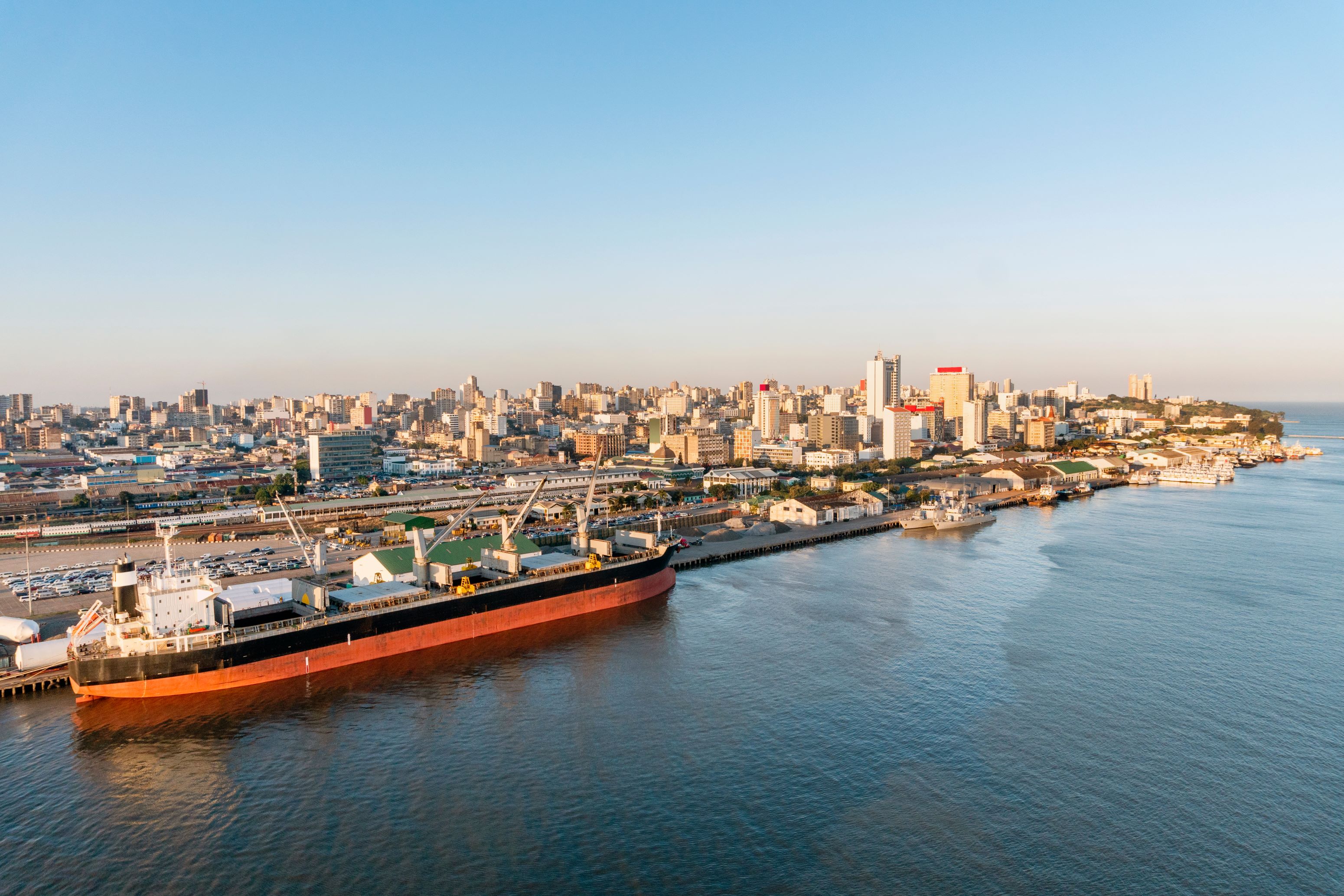Foreign and national investor interests must align to unlock decarbonisation dividend for LDCs
Leadership Insights Newsletter story

Least Developed Countries (LDCs) will only be able to reap their vast potential to become knowledge-based manufacturing hubs for the green transition with a major realignment of national and international investor interests, according to Rebecca Grynspan, Secretary General of the United Nations Conference on Trade and Development (UNCTAD).
Despite the level of investment required to change the existing LDC commodity export and labour provider model, using the African continent as an example, Grynspan told ICS Leadership Insights “only 2% of foreign direct investment is getting to Africa”. This is despite its young demographic and abundant raw materials that make it ideally placed to reap the benefits of the green transition. To encourage greater foreign investment, she suggested that LDCs need “to change their national investment policy frameworks and adopt more transparent contract negotiation processes to ensure good contract outcomes.”
Grynspan also believes that for LDCs to participate in the renewable energy value chain “international finance should respond to the investment needs of these countries”. Citing a policy brief launched by the UN Secretary General Antonio Guterres, she believes that the existing “international and financial architecture” needs to be reformed to leverage private investment at the scale that is needed.
Recognising that the “World Bank today is only one fifth of what it was in the 1960s with respect to the global economy”, Grynspan believes that the international financial system is too small for the task. To resolve this issue, she explained that UNCTAD advocates the “capitalisation of multilateral development banks, the use of special drawing rights by regional banks to scale up investment, and changing the multilateral development bank model” so that it is better at leveraging the private sector to de-risk investments.
ICS’ Fuelling the Fourth Propulsion Revolution 2022 report, notes that for the Global South to benefit economically as producers and exporters of net zero carbon fuels, but stresses to “ensure access to a highly competitive market” that hydrogen and net zero carbon fuel facilities must be urgently developed.
This presents an opportunity for both the Global South and foreign investors. The report’s author, Professor Dr. Stefan Ulreich, said: “Shipping must be part of wider energy transition negotiations, and shipping and ports are going to need investment. But with this investment comes a huge opportunity for return.”


